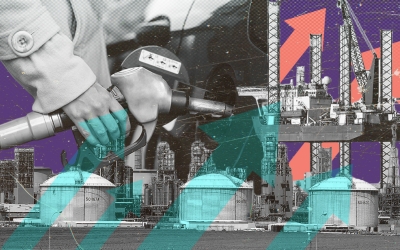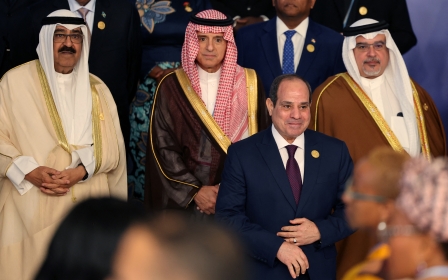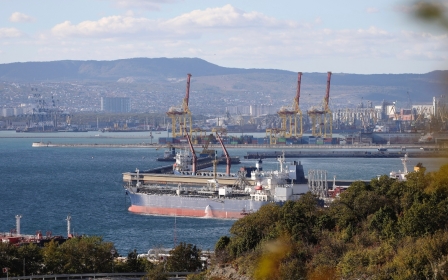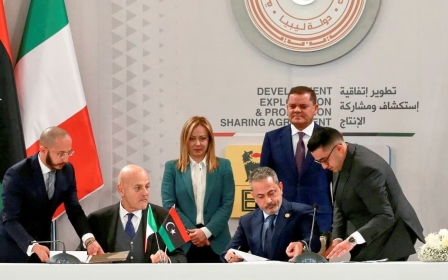Opec+ leaves production unchanged amid sanctions uncertainty
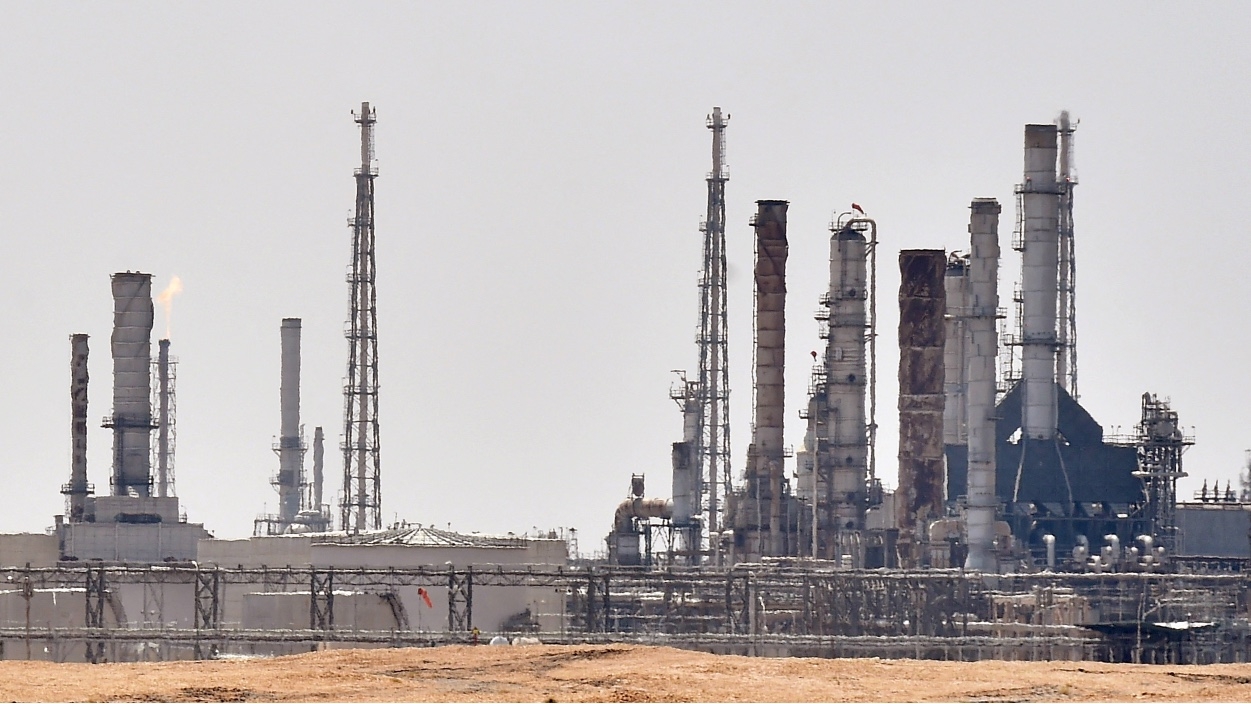
A committee of Opec+ oil ministers recommended Wednesday to maintain the cartel's production cuts, amid uncertainty over the global economy and the impact of sanctions on Russian oil.
Last October Opec+, led by Saudi Arabia, agreed to reduce output by two million barrels per day until the end of this year.
The group defended the move - the biggest cut since the height of the Covid pandemic in 2020 - as necessary to prevent a collapse in oil markets.
The US disputed the Opec+ analysis and slammed the group for "aligning" with Moscow. Oil prices skyrocketed following Russia’s invasion of Ukraine, but have fallen from historic highs. Brent crude traded at $85.66 a barrel Wednesday morning, down about four percent compared to last year.
Wednesday’s decision underscores how oil producers are treading carefully. Last month, Opec warned that China’s reopening from the Covid pandemic could face challenges, clipping a key source of demand.
China is the main destination for Saudi Arabia’s crude exports. President Xi Jinping’s visit to Saudi Arabia in December marked a symbolic opening up of China after nearly two years of lockdowns. The two countries pledged to deepen economic ties and discussed pricing some oil contracts in yuan.
But the war in Ukraine has resulted in a rewiring of the global energy trade. Gulf states like Saudi Arabia have traded places with Russia in the crude market, redirecting sales to Europe, while Moscow muscles in on their traditional customers in Asia with cut-rate prices.
The shift has been prompted by western sanctions on Russia, including a $60 per barrel price cap on Russian crude. On 5 February, the EU is set to ban the purchase of refined Russian products like diesel, a move analysts tell MEE is likely to solidify the Middle East’s focus on European markets and Russian sales to Asia.
American West Texas Intermediate (WTI) currently hovers around $80 a barrel and Brent North Sea crude around $85 - far from their peaks of more than $130 dollars, reached in March after Russia invaded Ukraine.
Opec+ will review production during the next ministers' meeting scheduled for 4 June.
Middle East Eye propose une couverture et une analyse indépendantes et incomparables du Moyen-Orient, de l’Afrique du Nord et d’autres régions du monde. Pour en savoir plus sur la reprise de ce contenu et les frais qui s’appliquent, veuillez remplir ce formulaire [en anglais]. Pour en savoir plus sur MEE, cliquez ici [en anglais].


